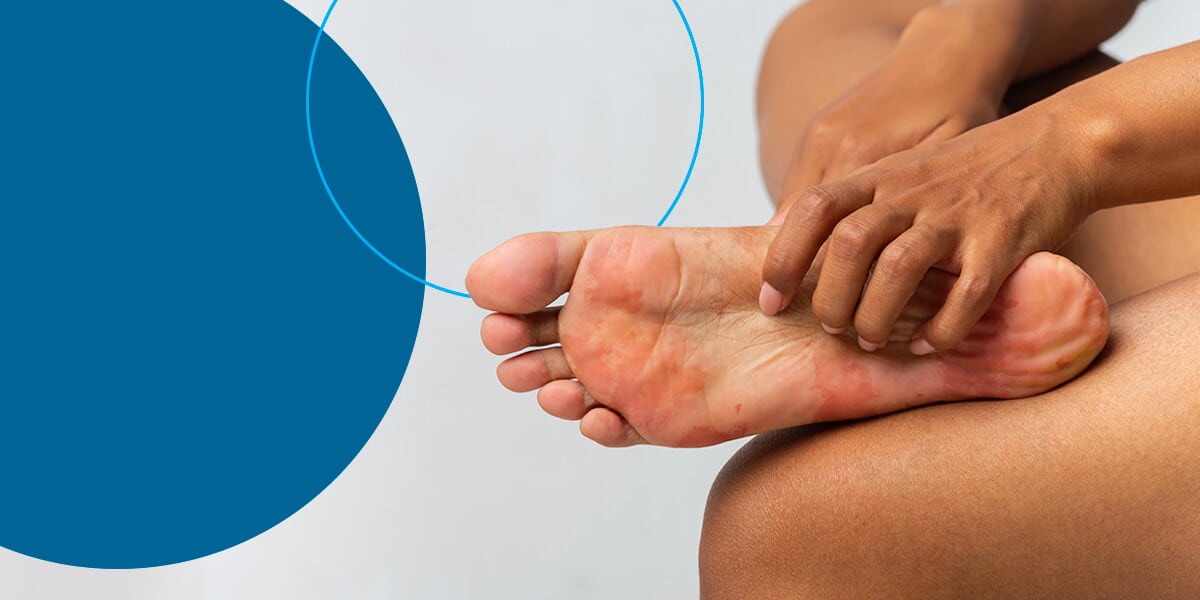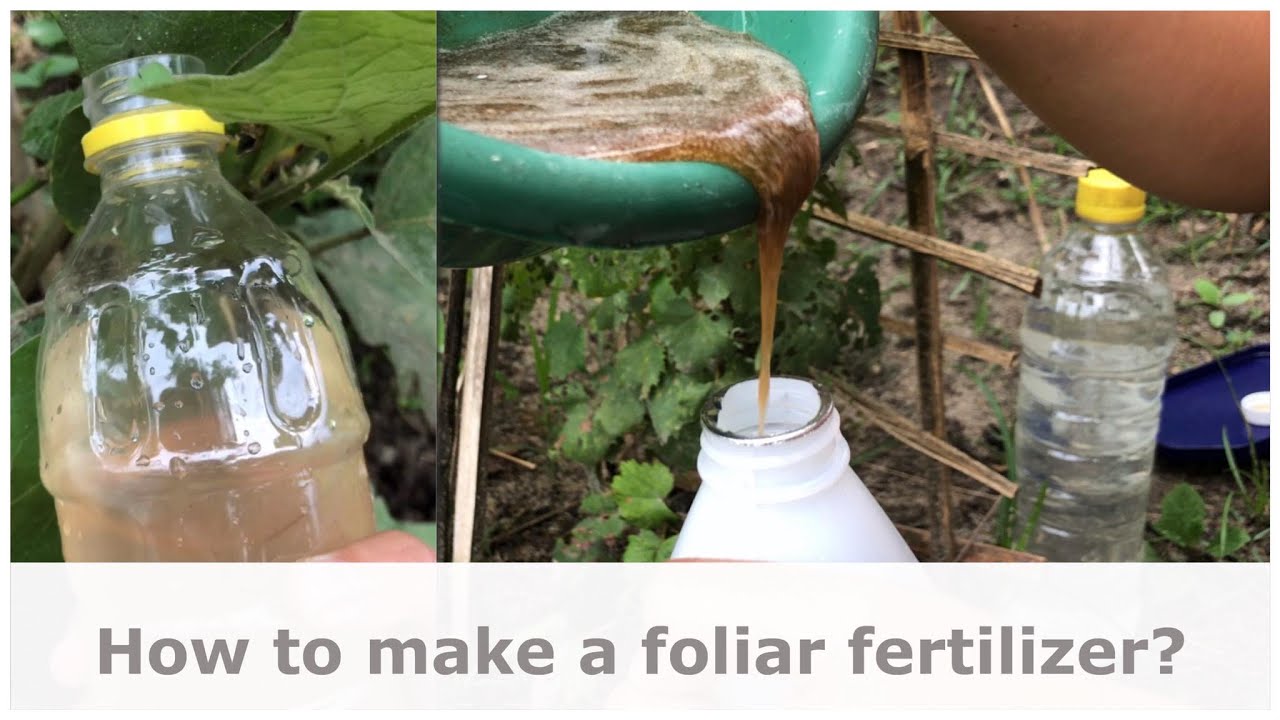What natural solutions help prevent fungal infections?
Fungal infections are common and can affect various parts of the body, including the skin, nails, and genitals. While over-the-counter and prescription medications are available to treat these infections, many people prefer to explore natural remedies as a first-line treatment or preventive measure. Here are some natural solutions that may help prevent fungal infections:
1. Tea Tree Oil
Tea tree oil is well-known for its antifungal properties. Applying diluted tea tree oil to the affected area can help prevent fungal growth and keep the infection at bay. Make sure to do a patch test before using tea tree oil on your skin to avoid any adverse reactions.
2. Garlic
Garlic has natural antifungal properties that can help inhibit the growth of fungi. Consuming raw garlic or incorporating it into your meals may help boost your immune system and prevent fungal infections.
3. Coconut Oil
Coconut oil contains lauric acid, which has antifungal properties. Applying coconut oil topically to the affected area can help moisturize the skin and prevent fungal infections. Consuming coconut oil may also have internal benefits.
4. Probiotics
Probiotics are beneficial bacteria that can help maintain a healthy balance of flora in the body. Consuming probiotic-rich foods or supplements may help boost your immune system and prevent fungal infections.
5. Apple Cider Vinegar
Apple cider vinegar has antifungal properties that can help combat fungal infections. Diluting apple cider vinegar with water and applying it to the affected area may help prevent fungal growth.
6. Oregano Oil
Oregano oil contains a compound called carvacrol, which has antifungal properties. Applying diluted oregano oil to the affected area may help prevent fungal infections and promote healing.
While these natural solutions may help prevent fungal infections, it’s essential to consult with a healthcare provider before trying any new remedies, especially if you have underlying health conditions or are taking medications.
Remember that prevention is key when it comes to fungal infections. Maintaining good hygiene practices, wearing breathable clothing, and avoiding sharing personal items can help reduce the risk of fungal infections. If you suspect you have a fungal infection, seek medical advice for proper diagnosis and treatment.



